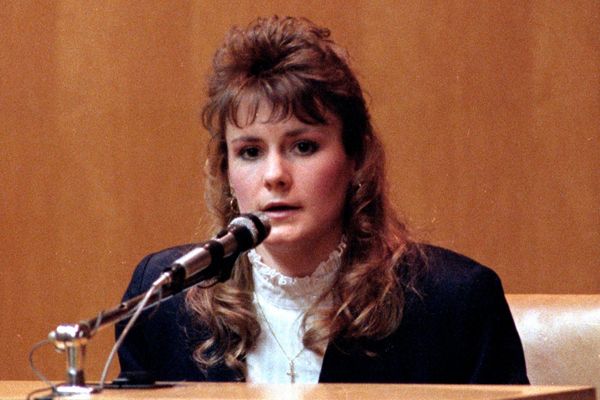
If you had to define ‘clueless’ this week, you could quickly point to the growing list of examples of how those with some rank – particularly politicians – see those of us they serve.
Of course, British Prime Minister and multi, multi, multimillionaire Rishi Sunak takes the cake by asking a homeless man if he worked in business.
Didn’t he, before those words spilled from his mouth, wonder why he was serving the man eggs and sausages at a shelter?
“No, I’m homeless,” the man answered, politely.
Having a penchant for suits that cost more than weeks of rent should be seen as aspirational. And kudos to Mr Sunak for taking the time to visit, and engage, with those who use a shelter.
But know their story, for goodness sake. Would he like to work in business, Mr Sunak asked? “I wouldn’t mind, but I don’t know,” the man responded. “I’d like to get through Christmas first.”
Clueless.
Just up the road, Prince Andrew, the Duke of York, showed the same spectacular lack of empathy in addressing a royal fan, who was feeling the cold. Stand on a newspaper, he suggested. That might help.
What about a “thanks for coming out?” Or a “hope your Christmas is enjoyable?”
Being clueless is not native to the British, and the growing chasm between the utterances of our politicians and the lives of the voters they serve is proof of that.
Scott Morrison learnt that on election night. If you don’t understand the lives of those who elect you, you lose your job.
It’s a message Anthony Albanese needs to understand, particularly as many Australians go into 2023 with mortgages tracking up and the cost of living dampening plans.
Queensland Premier Annastacia Palaszczuk needs to heed that message too. Ahead of this week, a list of commissions of inquiry recommendations already point to a growing divide between government and voters.
Crime wave
But the heartbreaking murder of mother-of-two Emma Lovell in the middle of the night and in her home this week shows just how ignorant the government has become about the lives of those who elected it.
For months, senior police have been shaking their heads. Residents across Brisbane are demanding new ways to curb what is being seen as a youth crime wave.
Details of overnight break-ins have been swelling Facebook posts, with uploaded CCTV footage flooding feeds each morning.
In my own suburb – one considered among the safest in the city – some residents are talking about forming small vigilante groups to patrol streets overnight.
A violent middle-of-the-night home invasion that hurt former Wallaby Toutai Kefu and his family, and an attempted carjacking of former Matildas’ star Elissia Carnavas have added weight to calls for politicians to stop talking, and start listening.
But the Palaszczuk government has remained tone deaf to voter calls to act, dismissing claims of a youth crime wave.
And even in the aftermath of Emma Lovell’s murder, the government’s first response was that it’s ‘not a time to play politics’. Clueless.
By Thursday, community anger – building for months – was palpable.
Petitions started. Calls for Emma’s death to be the impetus for change.
Social media campaigns. And the last straw – Emma’s devastated husband Lee joining those calls to curb what many see a new post-COVID youth crime wave.
The government was forced into responding, announcing measures – some would call draconian – that will have courts considering an offender’s bail history, along with maximum penalties for car theft, in particular, increasing by three years to 10 years, and 14 years jail introduced for offences committed after dark.
Boasting about criminal exploits on social media will also now attract penalties.
Perhaps this will solve the problem
Perhaps it won’t. But put together in 48 hours, and only on the back of community anger, it poses the question whether the government really is listening?
Where is the community consultation? The rigorous discussion around the age of criminal responsibility and whether minors, close to 18 years, would be named? Where is the discussion around where the balance lies between the rights of a victim and the rights of an accused?
What is the impetus for this perceived spate of juvenile break-ins? Police say they are at a loss as to why so many young teens are now carrying knives. How might we explore that?
Youth crime will never be easy to address. It is polarising. It highlights a window in a child’s background, often, and certainly their future.
But ignorance is never the answer. Nor is populist reactionary policy, dreamt up overnight.
Rishi Sunak, hopefully, learnt a lesson on listening this week. Prince Andrew probably never will.
But at home here, in Queensland and Australia, our politicians should make it their New Year’s resolution to listen to their communities and respond.
Engage community groups and educators and academics. Get out of their offices, and talk to those trying to make ends meet, and stay safe.
In the process, they might not only safeguard their own jobs, but learn something too.
To do anything else, is simply clueless.







